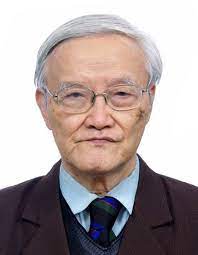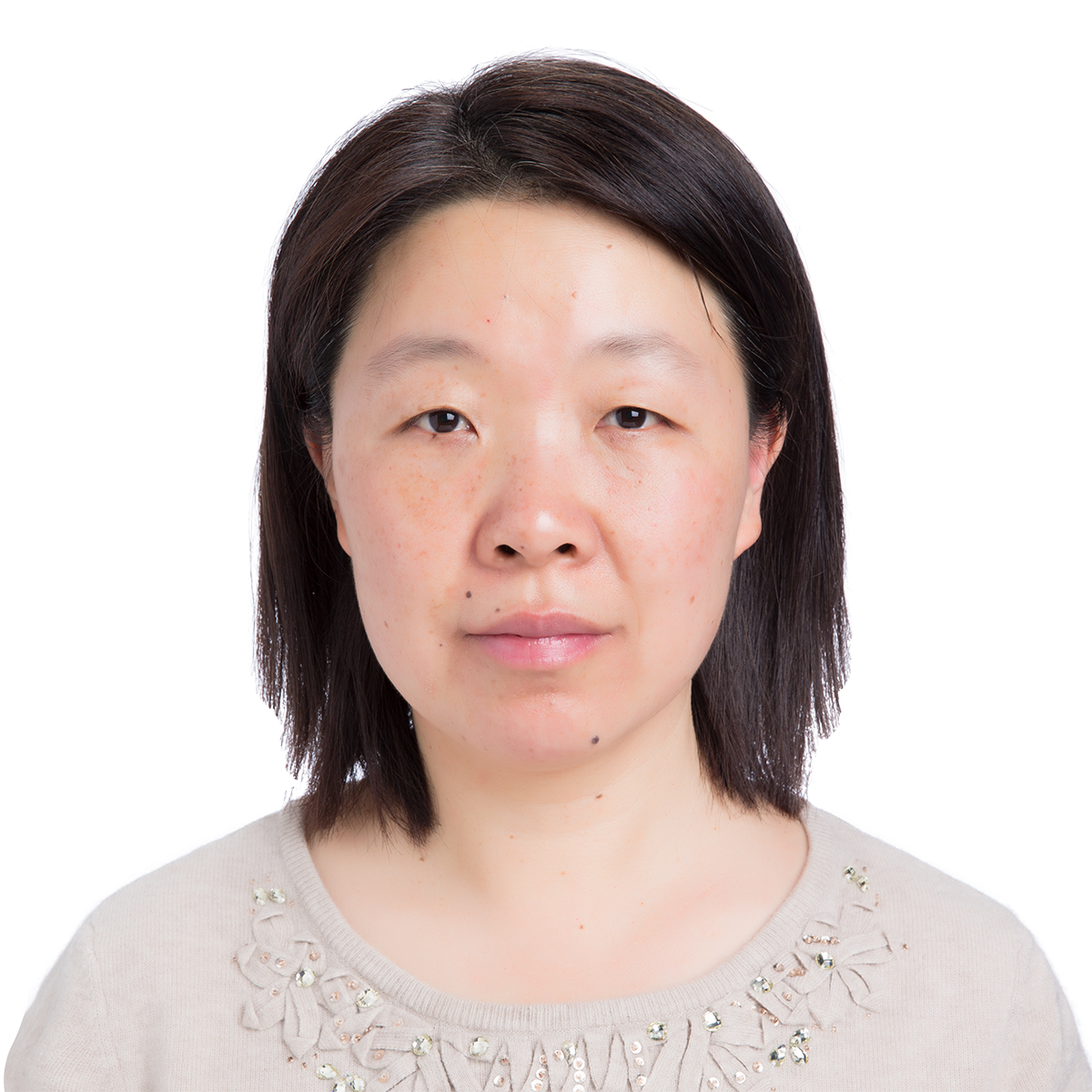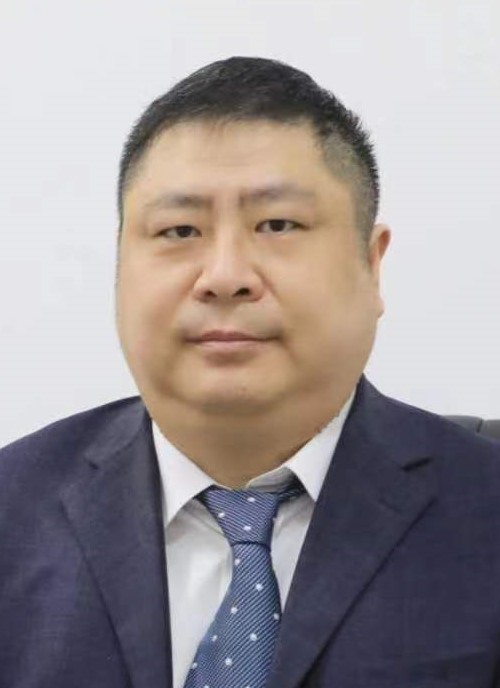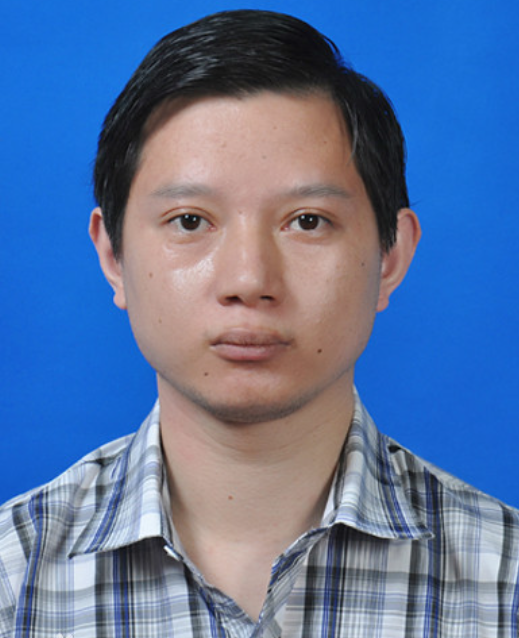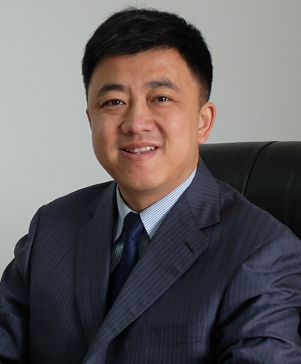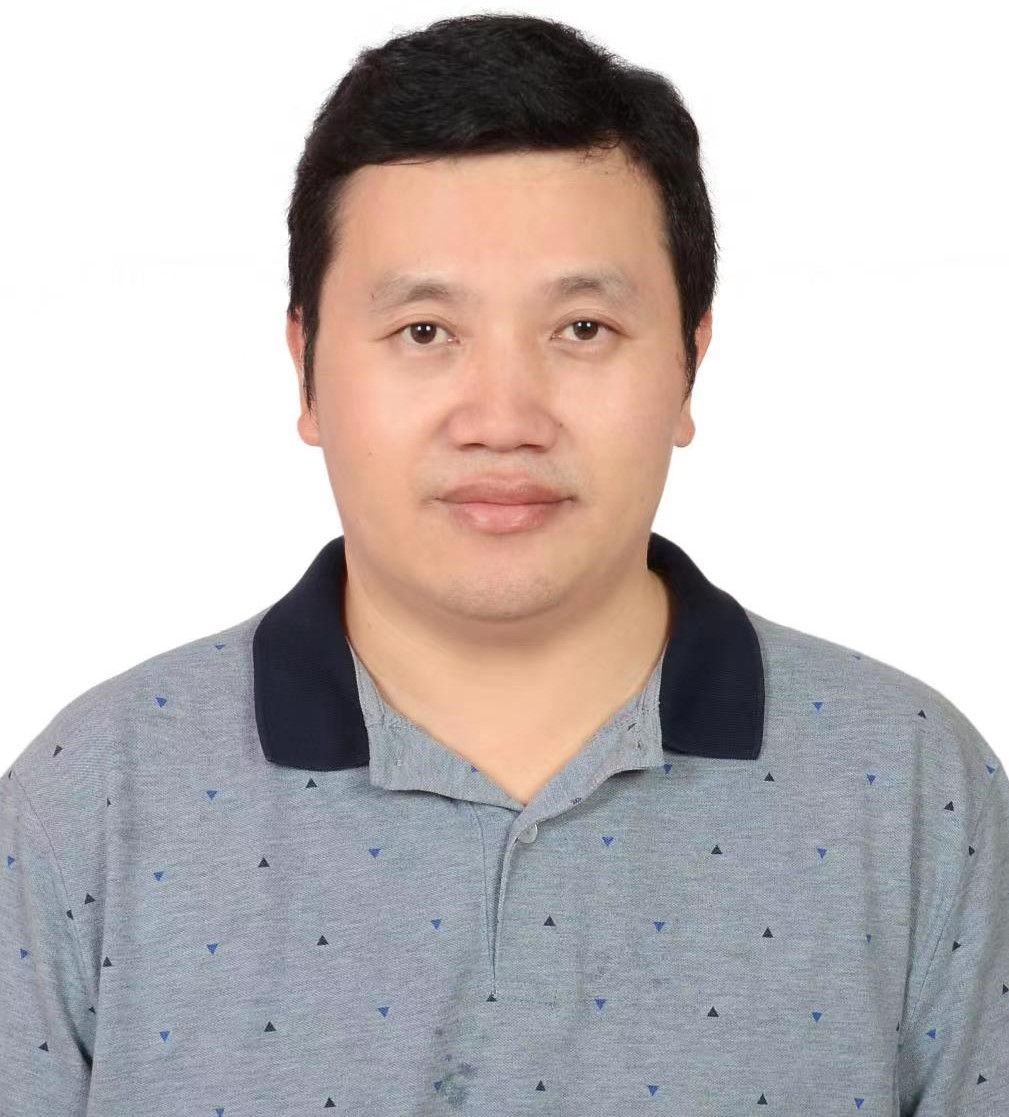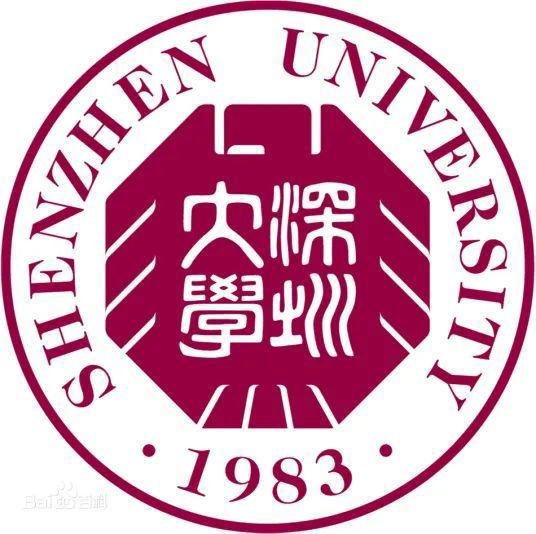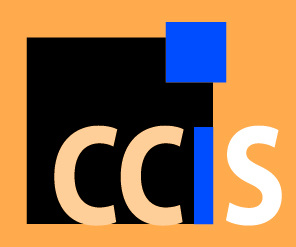Michal Baczynski, Faculty of Science and Technology, University of Silesia in Katowice, Katowice 40-007, Poland
Cungen Cao, Institute of Computing Technology, Chinese Academy of Sciences, China
Shaowei Cai, State Key Laboratory of Computer Science, Institute of Software, Chinese Academy of Sciences
Yanhui Chen, College of Communication, Xi'an University of Electronic Technology, China
Shifei Ding, College of Computer Science, China University of Mining and Technology
Daqing Deng, Guangzhou City Institute of Technology, China
Jian Gao, College of Information Science and Technology, Northeast Normal University, China
Lluis Godo, PhD, Artificial Intelligence Research Institute, Bellaterra, Spain
Xiaolong Jin, Institute of Computing Technology, Chinese Academy of Sciences, China
Fengkui Ju, Department of Philosophy, Beijing Normal University, China
Ang Li, Changchun Institute of Optical Precision Instruments and Physics, Chinese Academy of Sciences
Beishui Liao, Institute of Logic and Cognition, Zhejiang University, China
Qin Li, College of Software Engineering, East China Normal University, China
Huawen Liu, Shandong University, China
Lin Liu, Tsinghua University, China
Zhanshan Li, College of Computer Science and Technology, Jilin University, China
Yong Lai, College of Computer Science and Technology, Jilin University, China
Jian Li, College of Information, Jilin Agricultural University, China
Renren Liu, Xiangtan University, China
Fanzhang Li, Suzhou University, China
Weiru Liu, University of Bristol, UK
Jun Liu, School of Computing, Faculty of Computing, Engineering and the Built Environment, Ulster University, UK
Wenji Mao, Institute of Automation, Chinese Academy of Sciences, China
Luis Martinez, Computer Science Department, University of Jaén, Spain
Dantong Ouyang, College of Computer Science and Technology, Jilin University, China
Haiyu Pan, College of Computer and Information Security, Guilin University of Electronic Technology, China
Jihong Pei, Shenzhen University, China
Meikang Qiu, Texas A&M University Commerce, USA
Rosa Mª Rodríguez Domínguez, Computer Science Department, University of Jaén, Spain
Liang Sun, College of Software, Dalian University of Technology, China
Yanhong She, Xi'an Shiyou University, China
Yun Shang, Institute of Mathematics and Systems Science, Chinese Academy of Sciences
Joerg Siekmann, German Research Center for Artificial Intelligence (DFKI), Germany
Yiming Tang, Hefei University of Technology, China
Xianyong Tang, Sichuan University, Law College, China
Constantine Tsinakis, Department of Mathematics, Vanderbilt University, Nashville, TN, USA
Hengyang Wu, School of Computer and Information Engineering, Shanghai Polytechnic University, China
Maonian Wu, Huzhou University, China
Zhongdong Wu, Lanzhou Jiaotong University, China
Bin Wei, Zhejiang University, China
Zhu Wang, Sichuan University Law College
Hui Wang, School of Electronics, Electrical Engineering and Computer Science, Queen's University Belfast, UK
Youjun Xu, College of Computer Science and Information Technology, Daqing Normal University, China
Juanying Xie, Shaanxi Normal University, China
Yun Xie, Institute of Logic and Cognition, Sun Yat sen University, China
Minghui Xiong, Zhejiang University, China
Yuxin Ye, College of Computer Science and Technology, Jilin University, China
Changsheng Zhang, College of Software, Northeast University, China
Songmao Zhang, Academy of Mathematics and Systems Science, Chinese Academy of Sciences, China
Jian Zhang, State Key Laboratory of Computer Science, Institute of Software, Chinese Academy of Sciences
Yonggang Zhang, College of Computer Science and Technology, Jilin University, China
Min Zhang, East China Normal University, China
Hongjun Zhou, Shaanxi Normal University, China
Li Zou, Shandong Jianzhu University, China
Jian Zhao, College of Computer Science and Technology, Changchun University, China
Bin Zhao, Shaanxi Normal University, China
Yong Zhang, Shenzhen University, China
Qinghua Zhang, Chongqing University of Posts and Telecommunications, China
Yuanrui Zhang, Southwest University, China
Guangjun Zhang, Southwest University of Political Science and Law, China
Yang Zhao, Shenzhen University, China







